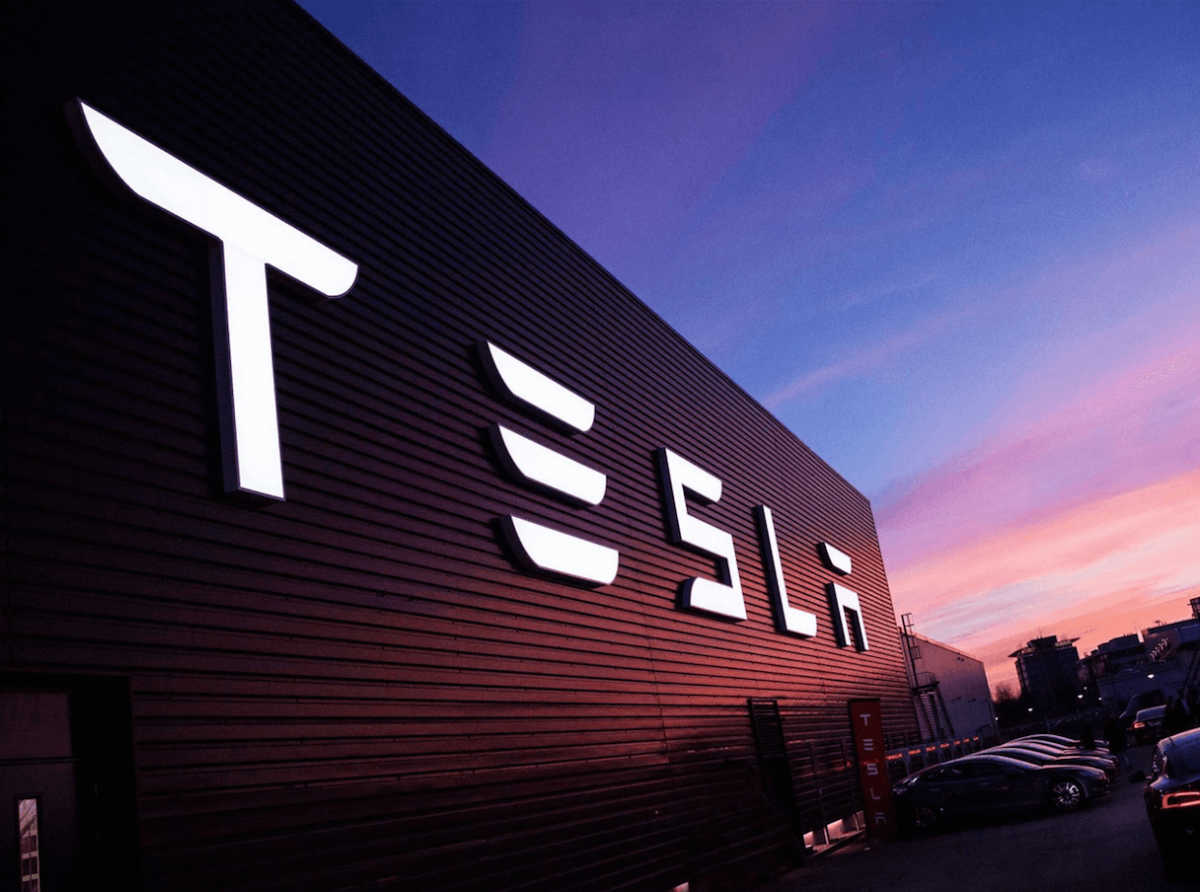Ford has started developing its own autonomous driving system

Recently it became known that the regiment of developers of platforms for autonomous driving has arrived. Now the Ford company, which invests in a startup for the development of unmanned vehicles Argo AI $ 1 billion, is doing this. However, this investment is not a one-time investment - the money will be allocated within five years. The ultimate goal is the development of a “virtual driver”, that is, a system that can drive a car without human intervention during the drive. The deadline for achieving the goal is not so big - by 2021, everything should be ready. The system itself, as the management of the company plans, will be built in both Ford cars and provided to other companies under license.
Argo AI is a startup formed by ex-Google and Uber employees. Robotics, engineers and scientists from around the world, including Ford itself, are planned to be involved in this organization. The startup is led by Bryan Salesky and Peter Rander. Both are graduates of the Carnegie Mellon National Robotics Engineering Center and former employees of the Google automated control systems (Sailskay) and Uber (Render) divisions.
“The next decade will be represented by machine automation systems, autonomous vehicles will have a significant impact on the community, just as Ford’s conveyor assembly influenced society 100 years ago,” says Mark Fields, Ford President . In his opinion, work in the framework of the new project will help strengthen the company's position in the market of autonomous vehicle control systems.
')
Now Ford already has a team of specialists that has been working on a software platform for several years, which, as planned, should work as a “brain” of a car. Part of this team will work in the Argo AI project, the results obtained by Ford will also be used in the new project. Already created software will be combined with a new hardware platform to get a completely autonomous system that can replace a person in a car by taking control of the machine. According to some experts, the joint work of Ford and Argo AI will give the company a competitive advantage in the market of autonomous control systems.
The Argo AI manual is confident that it is now possible to embed artificial intelligence (its weak form) into applications, which will open up new opportunities for developers and users. Attached to the automotive field, this means changing the way people and goods travel along the roads of different countries.
According to specialists of the company, now before the developers who create software and hardware for autonomous cars, is an interesting task. Namely, the development and launch on the market of hardware and software systems that can completely replace the driver, and not complement its capabilities, as is happening now. For example, Autopilot from Tesla Motors can help the driver avoid an accident by noticing a problem before a person. Also, this system allows the driver to relax a bit on the road. But human hands should lie on the steering wheel, and such a system is not an “autopilot” in the full sense of the word. Other companies are creating similar projects.
Ford also believes that autonomous cars can significantly reduce the number of traffic accidents, as well as make people more mobile, allowing the owner to engage in their own affairs while driving on the road. And this will have a positive effect on the development of the automotive industry, the transportation of goods, and society as a whole. Millions of car owners will become much more mobile and free. But many have to spend whole hours on the road. A large amount of time is not only the road, but also the search for parking. Computer systems built into new cars will interact both with each other, tracking traffic on the roads, and with parking systems of the future. So the driver will be able to find out within a few seconds that there is free parking nearby and do not waste time on further searches.
According to statistics , most private cars are idle 95% of the time. In order for car owners to place their cars, for example, in the city center, the administrations of settlements have to allocate parking spaces for up to 30% of the area of municipal buildings, plus building new ones. If the cars can independently find out where and on which parking there is a free parking slot, the parking space will be used more rationally, which will unload most of the external and covered parking lots.
After the goal, development of an autonomous control system, is achieved, the partners will be engaged in its commercialization.

Ford has many competitors to develop a “virtual driver”. This and Tesla, constantly improving its Autopilot, and Mercedes and other, less well-known companies. One of them, Aurora, was recently even sued in the name of Tesla for allegedly disclosing the plaintiff’s trade secrets. The attractiveness of new companies of this type for investors is very high. Now companies consisting of several developers who were able to show a working version of their product can be bought for tens of millions of dollars. An example is Cruise Automation, a company with 40 employees, which was bought out last summer for $ 1 billion. In August 2016, Uber acquired Otto, another startup that appeared 7 months before the date of purchase. The transaction value was $ 680 million.
So Ford, if the company wants not only to create its own system, but also successfully sell it, will have to hurry.
Source: https://habr.com/ru/post/401489/
All Articles